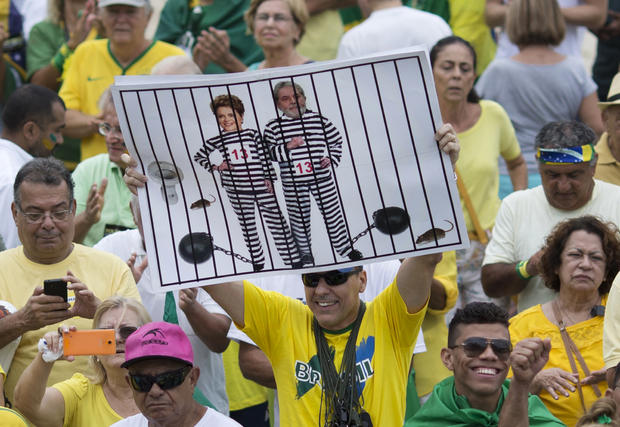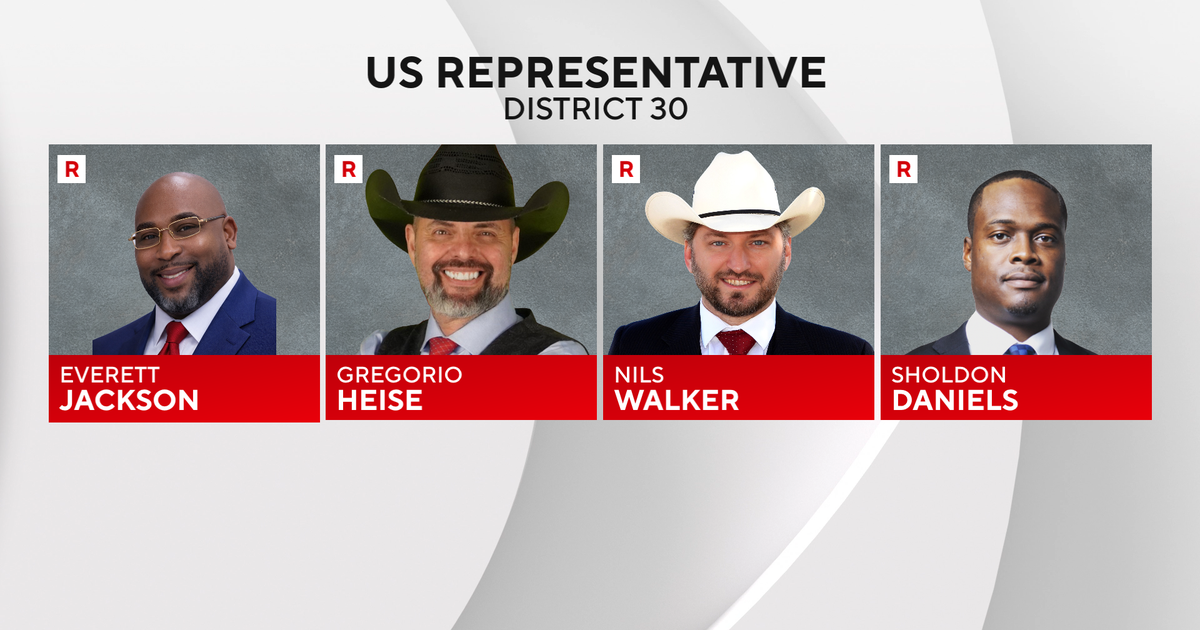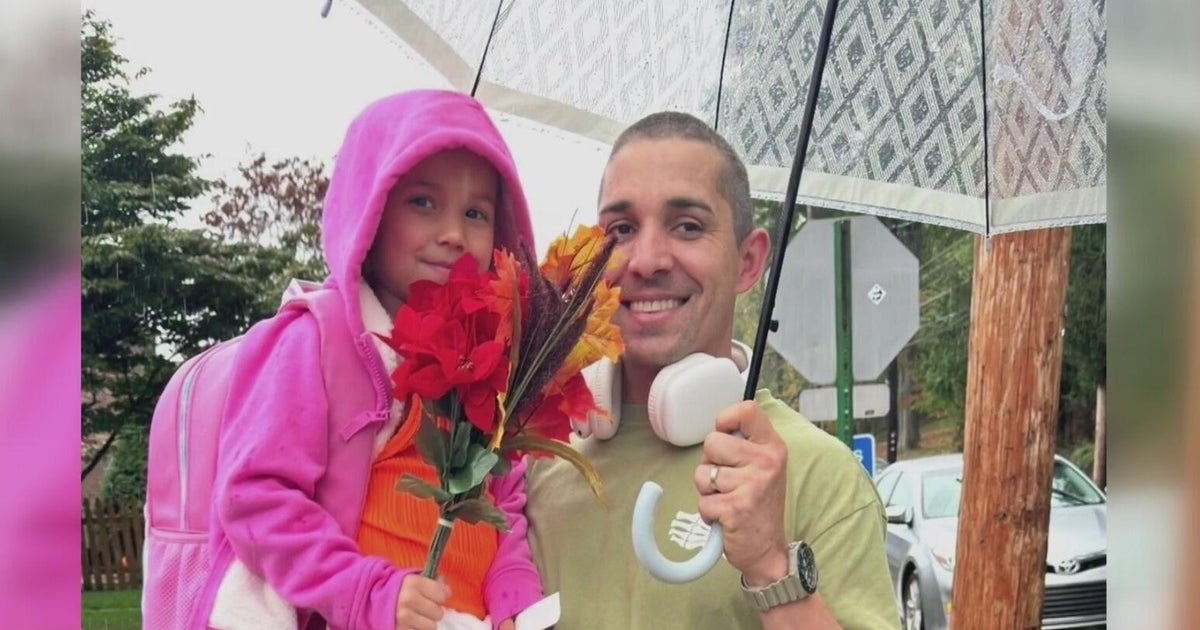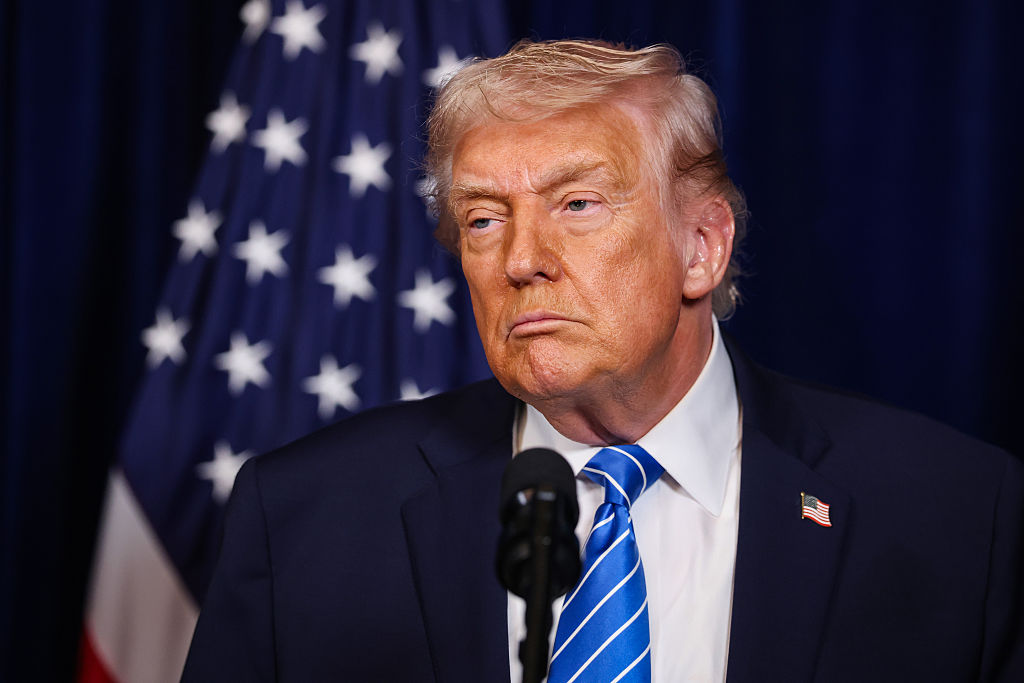Corruption ruling could bar ex-Brazilian leader from elections
PORTO ALEGRE, Brazil -- An appellate court in Brazil on Wednesday considered whether to uphold or throw out a corruption conviction against former President Luiz Inacio Lula da Silva, a decision that could impact presidential elections and even stability in Latin America's largest nation.
If the three-member court upholds the conviction, da Silva could be barred from running in elections later this year.
Despite myriad legal troubles -- da Silva has been convicted in one case and is facing charges in six others -- the 72-year-old leads preference polls for October's race.
Authorities closed streets around the court in the southern city of Porto Alegre on Wednesday as the case opened. Helicopters hovered above and sharpshooters were positioned on rooftops.
In opening statements, Judge Joao Pedro Gebran Neto called on prosecutors and defense attorneys to only focus on the facts of the case.
"We are not ruling on people's lives in the past," he said, alluding to da Silva's political career.
In a deeply polarized country, however, the case is part of a larger narrative, with supporters and detractors of da Silva interpreting it differently. Da Silva and his supporters argue it and the other corruption cases are part of an attempt to keep him from returning to office.
Detractors argue that da Silva and his left-leaning Workers' Party were at the heart of a massive corruption scheme that involved billions of dollars in kickbacks for contracts.
The case in question is related to a beachfront apartment in Guaruja, a city in the state of Sao Paulo. Prosecutors argued that da Silva was promised the apartment, owned by construction company OAS, in exchange for contracts. In plea bargain testimony, the company's CEO said the apartment was slated for da Silva.
The former president and his lawyers argue the case defies logic, as da Silva never owned the apartment.
In July, Judge Sergio Moro sentenced da Silva to nine and a half years in prison. Moro has been the presiding judge in many of the major so-called "Car Wash" cases the last four years. His convictions have rarely been overturned.
Many Brazilians see Moro as a hero rooting out corruption, while others see him as deeply partisan and intent on keeping the left from returning to power.
Late Tuesday, da Silva, a former union leader who governed Brazil in 2003-2010, flew to Porto Alegre to address thousands gathering outside in support.
"Only one thing will take me out of the streets of this country, and that will be the day that I die," da Silva told the crowd. "Until then I will be fighting for a fairer society. Whatever is the result of this trial, I will keep fighting for the dignity of the people of this country."




